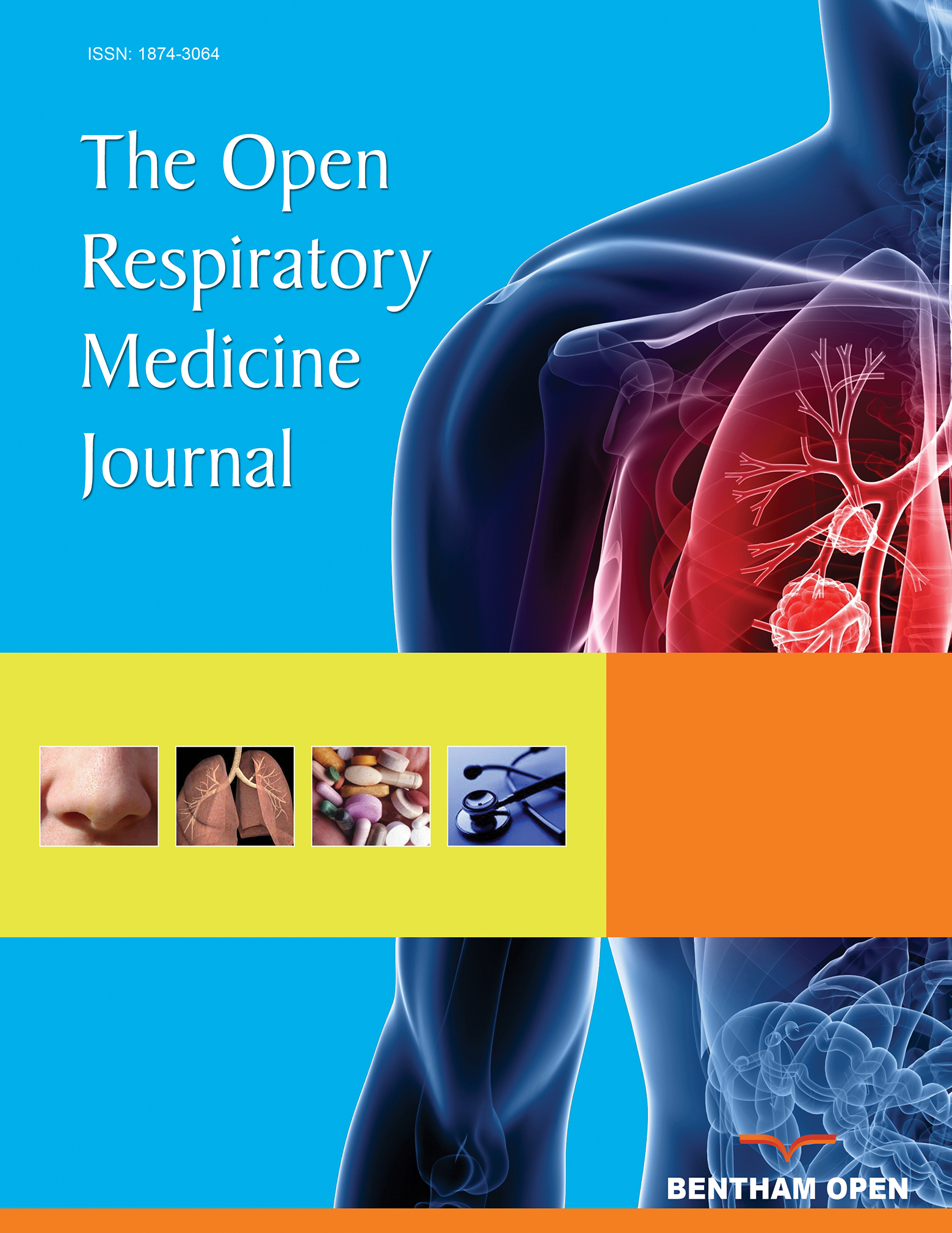All published articles of this journal are available on ScienceDirect.
Inhalational Steroids and Iatrogenic Cushing’s Syndrome
Abstract
Bronchial asthma (BA) and Allergic rhinitis (AR) are common clinical problems encountered in day to day practice, where inhalational corticosteroids (ICS) or intranasal steroids (INS) are the mainstay of treatment. Iatrogenic Cushing syndrome (CS) is a well known complication of systemic steroid administration. ICS /INS were earlier thought to be safe, but now more and more number of case reports of Iatrogenic Cushing syndrome have been reported, especially in those who are taking cytochrome P450 (CYP 450) inhibitors. Comparing to the classical clinical features of spontaneous Cushing syndrome, iatrogenic Cushing syndrome is more commonly associated with osteoporosis, increase in intra-ocular pressure, benign intracranial hypertension, aseptic necrosis of femoral head and pancreatitis, where as hypertension, hirsuitisum and menstrual irregularities are less common. Endocrine work up shows low serum cortisol level with evidence of HPA (hypothalamo-pituitary-adrenal) axis suppression. In all patients with features of Cushing syndrome with evidence of adrenal suppression always suspect iatrogenic CS. Since concomitant administration of cytochrome P450 inhibitors in patients on ICS/INS can precipitate iatrogenic CS, avoidance of CYP450 inhibitors, its dose reduction or substitution of ICS are the available options. Along with those, measures to prevent the precipitation of adrenal crisis has to be taken. An update on ICS-/INS- associated iatrogenic CS and its management is presented here.


